|
|
|
Editor's note
|
|
From the West of the continent this week a range of academics explored topical issues in Nigeria and Ghana. Drawing from insights in a book he’s written on the subject, Augustine Agwuele explains what lies behind the negative views that some Nigerians have about dreadlocks while John Rennie Short sets out what the country can learn from others about cities that are growing exponentially and without
proper planning. Ghana’s health sector comes under scrutiny in an analysis from Lucia Hussey, who examines its lack of readiness to deal with the health risks brought by climate change.
Ethiopia features in two articles from the east of the continent. The first by Eunice Anyango Owino looks at what the country needs to do to end recurring outbreaks of chikungunya, a mosquito-borne viral infection, while Benedikt Kamski unpacks the challenges behind the country’s mega sugar project in the southwestern lowlands along the lower reaches of the Omo River.
Nigeria and South Africa continued to grab the headlines as both tried to grapple with the fallout from deadly attacks against foreigners - many of them Nigerian. Mashupye Herbert Maserumule sets out why xenophobia is a function of attitude, and that it requires the intervention of social institutions, such as universities, to mainstream pan-Africanism as a philosophy in their curricula and teaching. And elsewhere in southern Africa, Henning Melber takes a look at how the tradition of old men running countries in the region remains intact. Looking at informal settlements in Namibia, Selma T. Karuaihe explains why most residents live in precarious circumstances. And Elizabeth Mkandawire and Sheryl L Hendriks write about how Malawian men are increasingly becoming
involved in maternal and child health as well as household chores.
Finally, from north Africa Flora Pidoux revisits the 40-year old dispute rooted in Morocco’s sovereignty claim over Western Sahara.
|
Julie Masiga
Peace + Security Editor
|

|
|
Top Stories
|
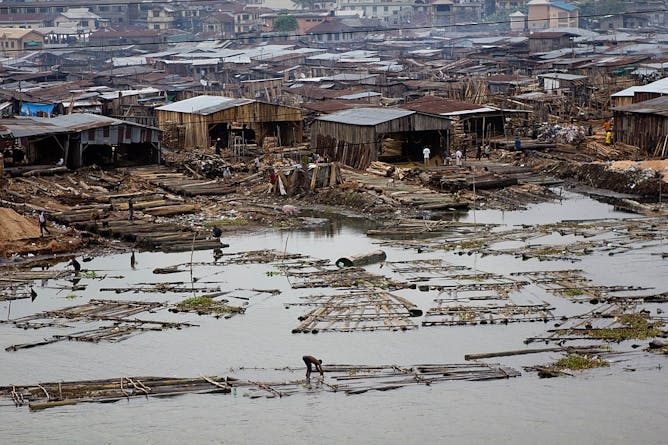
The infamous Makoko slum in Lagos, Nigeria.
Stefan Magdalinski/Wikimedia Commons
John Rennie Short, University of Maryland, Baltimore County
In our urban world, turning the makeshift and the informal into the livable and sustainable is our greatest challenge.
|

Flavour, a popular Nigerian musician, can wear his dreadlocks in peace because they are seen as a temporary fashion statement.
Elizabeth Farida/Wikimedia Commons
Augustine Agwuele, Texas State University
Nigerian men who wear their hair in knots are not a new phenomenon, but the hairstyle's spiritual heritage sparks fear in the hearts of many.
|
|
|
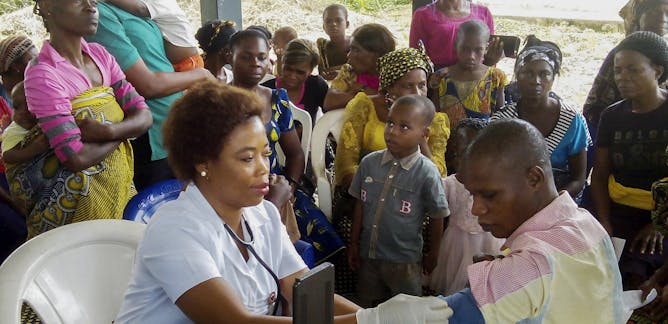
Lucia Hussey, Western University
Climate change is anticipated to cause a rise in the incidence of several diseases in sub-Saharan Africa.
| |

Benedikt Kamski, Freiburg University
Prospective investors have the task of turning round an industry beset by technical challenges and incomplete planning
|
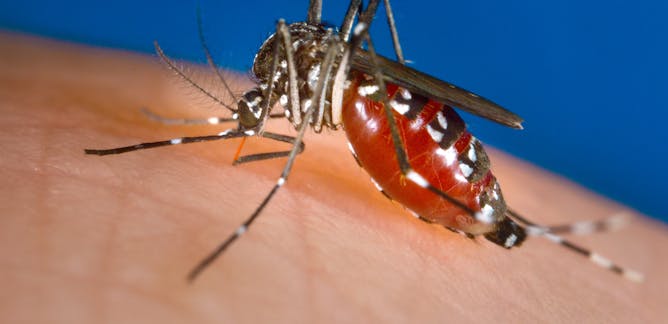
Eunice Anyango Owino, University of Nairobi
While no deaths have been reported in Ethiopia so far, outbreaks of the mosquito-borne disease spread rapidly and have severe impacts on public health.
| |
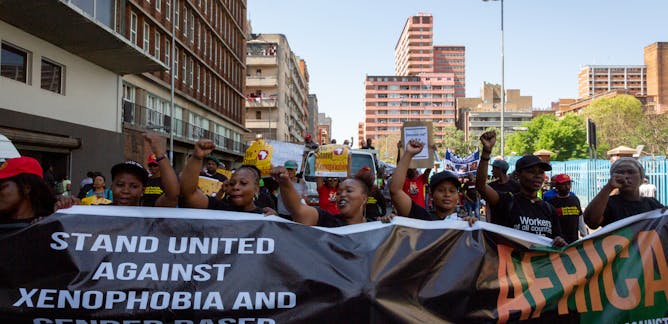
Mashupye Herbert Maserumule, Tshwane University of Technology
Xenophobia negates the spirit of pan-Africanism, especially its ideal that Africans share a mutual bond, regardless of their geographical location.
|

Henning Melber, University of Pretoria
It remains to be seen how much longer the 'old men syndrome' will persist in Zimbabwe, Namibia and South Africa, despite growing frustration among the politically powerless.
| |
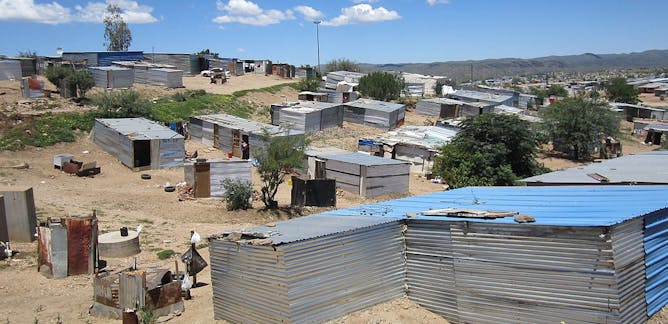
Selma T. Karuaihe, University of Pretoria
Urban dwellers who live in informal city settlements have limited access to basic services, and many of them don't own the land they live on.
|
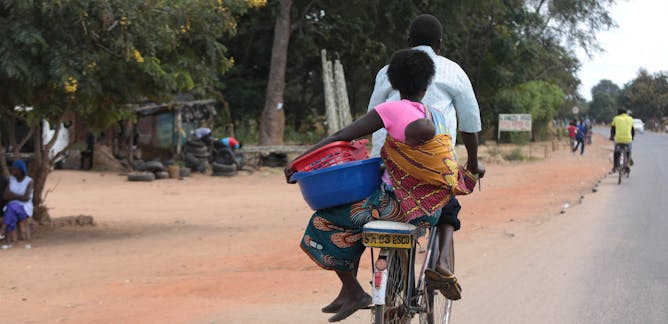
Elizabeth Mkandawire, University of Pretoria; Sheryl L Hendriks, University of Pretoria
While not all men are willing to become involved in women and children’s health, some situations force them take on 'women’s work'.
| |

Flora Pidoux, Université de Montréal
At first glance, it would seem like nothing has changed since 1991. Yet, things have been slowly and discreetly evolving in recent years at Morocco's behest.
|
|
|
| |
| |
| |
| |
Would you like to republish any of these articles?
|
|
It’s free to republish, here are the guidelines.
Contact us on africa-republish@theconversation.com in case you need assistance.
|
| |
| |
| |
| |
|
|
|
|
|
|
|